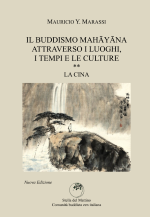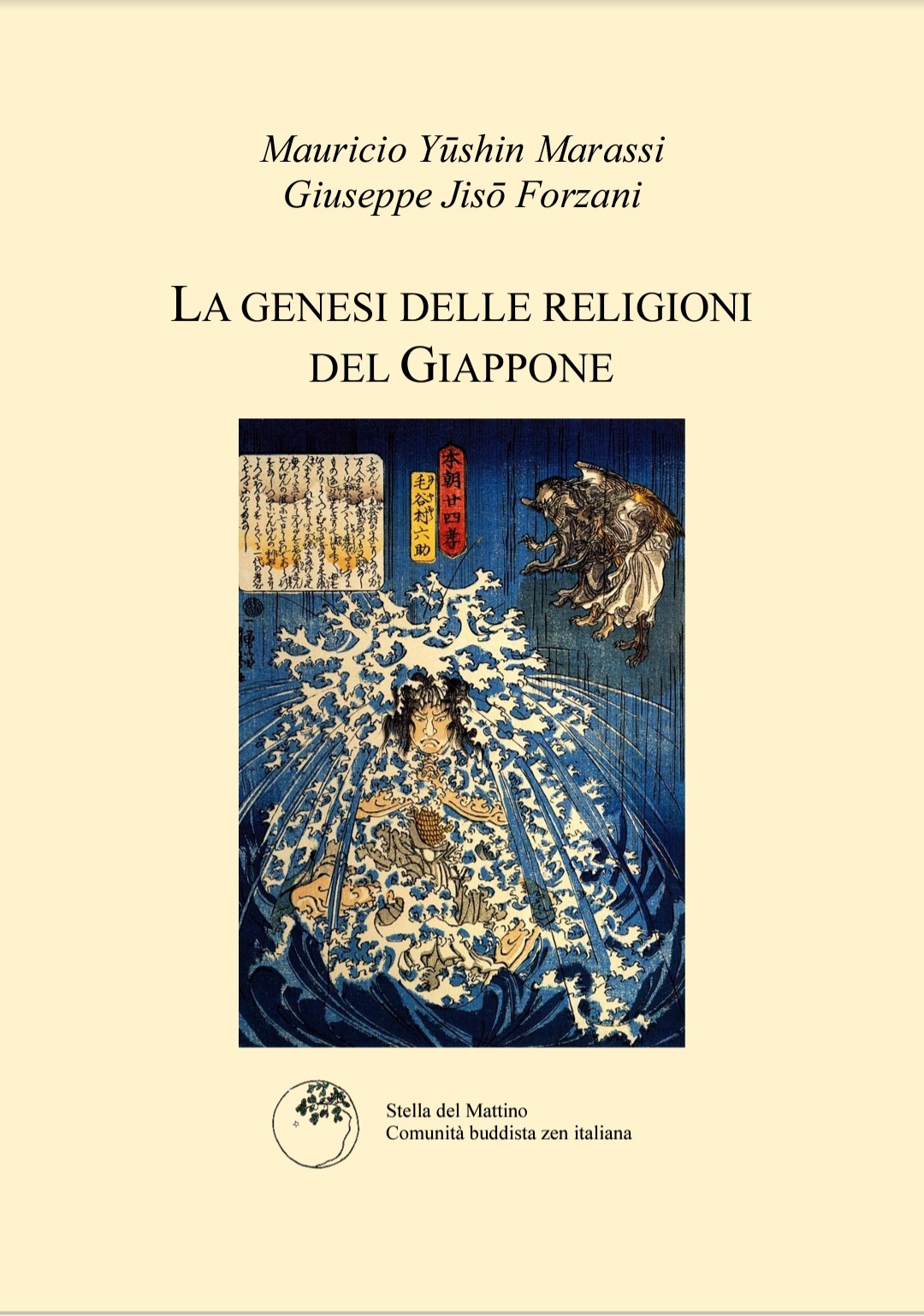Dharma Inquiry
Editor’s Note: In the preceding letter, Shohaku Okumura briefly discussed takuhatsu, or begging. In the following article, Rev. Okumura offers his thoughts about two chapters from Dogen Zenji’s Shobogenzo-Zuimonki, discussing the attitude one should have with regard to generous offerings. Sensei also shares his own experience of takuhatsu.
Shobogenzo-Zuimonki 5-6
Dogen instructed: A monk who has left home should never be overjoyed upon receiving offerings from others. Nor, however, should such an offering be refused. The late Sojo (Eisai) said, “It goes against the precepts of the Buddha to rejoice upon receiving offerings. It also goes against the good will of the donor to be ungrateful.” What we should keep in mind on this point is that the offerings are not to ourselves, but to the Three Treasures (Buddha, Dharma, and Sangha). So, in acknowledging thanks, you should say, “The Three Treasures will surely accept your offerings.”
Commentary on Chapter 5-6
In this section, as in others (e.g., Zuimonki, 2-6), Dogen Zenji uses the idea of two poles or extremes. On the surface, the poles contradict each other: we should not be greedy to receive offerings; but we should not reject any offering. We should accept an offering with gratitude. What is the difference between rejoicing and showing gratitude? When I was at Pioneer Valley Zendo, I was the treasurer. With regard to receiving donations, I made this policy: “No donation requested. No donation refused.” The idea behind my policy came out of Dogen Zenji’s teaching in this section. We should receive all donations for the sake of the Three Treasures (Buddha, Dharma, and Sangha). It is not “we” who receive the donation. Rather, the Three Treasures receive them. As part of the Sangha Treasure, we should use the donation in the best way possible for the sake of the Three Treasures. I believe this is the way to be free from the three poisonous minds (greed, anger-hatred, and ignorance) while we are working for the sake of Dharma. Even though this is very difficult, in our practice of zazen we cultivate this attitude. What is this attitude? Not being happy to receive a donation (from the network of interdependent origination), and yet not rejecting any donation. In a sense, our own life, body, and mind are the donation from the Buddha.
Shobogenzo-Zuimonki 5-21
Dogen instructed: Do not make arrangements in advance for obtaining food and clothing. Only when you run out of food and have nothing to cook, should you beg for food. Even planning ahead who to ask for what you need is the same as storing food. This is evil food gained by improper means. A Zen monk should be like a cloud with no fixed abode, like flowing water with nothing to rely on. Such is called a monk. Though possessing nothing except robes and a bowl, if you rely on a patron or close relative, you and they are both bound to each other, so the food becomes impure. It is impossible to realize the pure and great dharma of the Buddhas with a body and mind fed and maintained by impure food. Just as cloth dyed with indigo becomes indigo-blue, and cloth dyed with kihada (Chinese cork tree) becomes yellow, a body and mind dyed with food gained by improper means becomes a body of impure life. Desiring to attain the buddha-dharma with such a body and mind is like pressing sand to get oil. Just handle everything in accordance with the Way in each situation. To plan in advance goes entirely against the Way. You should consider this very carefully.
Commentary on Chapter 5-21
I have been trying to live following this teaching of Dogen Zenji. “Just handle everything in accordance with the Way in each situation. To plan in advance goes entirely against the Way.” To live with this attitude is not easy, especially when you have a family to help support. Before I had a family, this attitude lived in me almost by nature. I went to Massachusetts with one backpack and returned to Japan with the same backpack. I accumulated nothing during my 5- year stay at Pioneer Valley Zendo. After I married and had children, I tried to make a plan to earn a livelihood for the sake of my family. Almost always, I felt as if I did not have enough time and energy to give to zazen practice, translation work, my other obligations, and to my family. I am very bad at making plans. Sometimes, I felt I couldn’t work for the Dharma enough because I had a family. And other times, I felt like I couldn’t have enough income to support my family and enough time to spend with my family because of my practice. This dilemma has been and, to a degree, continues to be a frustration for both me and my family. I also feel grateful that we have been able to survive in this way because of the support from many people and Buddha’s compassion.
So, as Dogen taught, I have been trying to do my best to work for the Dharma and to support my family in each situation at each moment. I appreciate the effort of some Sanshin practitioners who will help me develop a long-range plan for Sanshin Zen Community that is in harmony with Dogen’s teaching. I really think that establishing Sanshin’s practice with the help of American people is a very precious learning process for me. I hope this also is a meaningful learning process for Americans.
| « Part III |
What is takuhatsu » |
Se volete, lasciate un commento.
You must be logged in to post a comment.







